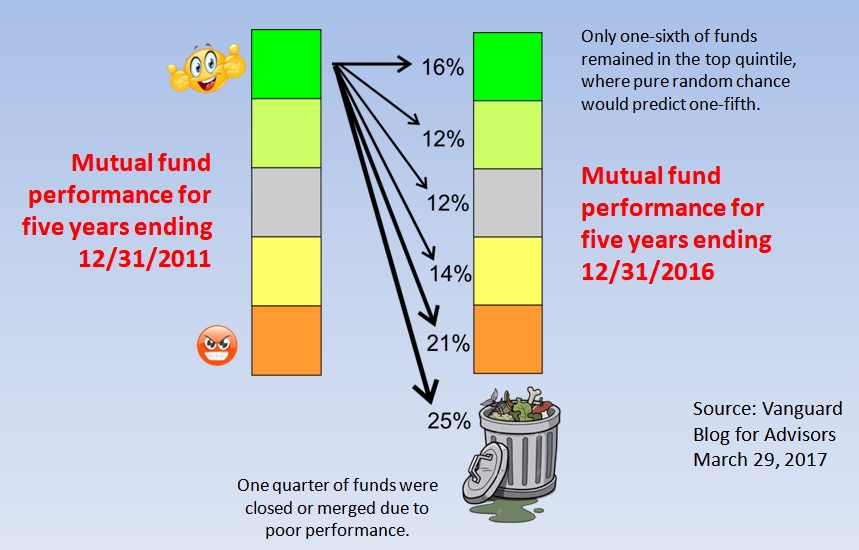OldShooter
Give me a museum and I'll fill it. (Picasso) Give me a forum ...
Well, that is like saying the OP cannot learn. No one was born knowing how to run money, right? And the OP is here looking for advice and IMO asking the right questions. So I don't think it is reasonable to write him off. I think he'll do fine.The OP said “I was frozen in fear what to do with that sum of money”. That tells me he needs a FA of some kind. It doesn’t matter if you or I can get better returns investing with low cost index funds, he won’t. Unless you can watch the market drop by 30% (like it did March 2020) and react with nothing more than a yawn, you should not be trying to do it yourself.


